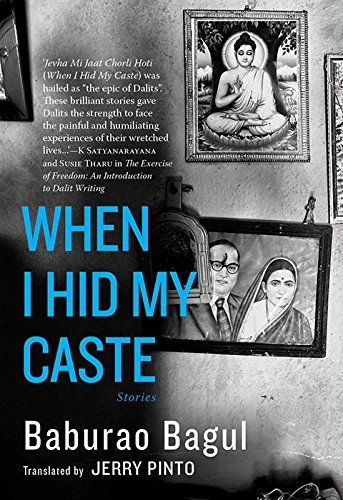What do you think?
Rate this book


119 pages, Kindle Edition
Published July 10, 2018
"Banoo knew that Daulat was no fool, no idiot child. Behind his violent temperament, she began to see each of the blood-soaked secrets he had concealed. Even though she was his mother, she had done this to him: subjecting him to the evil atmosphere of the wada and the tradition-encrusted village where from childhood the constant pecking at him, the constant cawing and croaking to which he had been subjected, had all conspired to drive him mad."